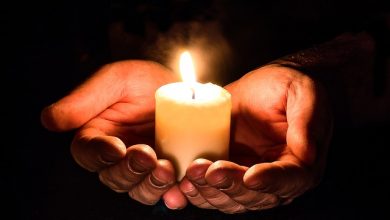"Bli Ein Hara" is a short incantation that is said orally to guard against the evil eye, when a person tells a story to his friend or when there is a good event when buying a new garment, or in times of joy and the person does not want people to look at him with envy or the evil eye.
Why do Jews say "Bli Ayin Hara"?
And when to say Bli Ayin Hara?
Is it allowed to say "Bli ayin hara pu pu pu"?
Protection from the evil eye is an ancient Jewish custom of using various techniques to protect oneself from the evil eye. It is believed that through certain rituals or sayings, one can ward off the effects of the evil eye or evil eye.
The words "Bli ayin hara pu pu pu" are a popular phrase used to invoke this defense.
Ein Hera, also known as the evil eye, is an ancient belief that a person can cause harm to others through negative thoughts or actions.
The belief is deeply rooted in many cultures and has existed for centuries. One of the most common ways to prevent the evil eye is to say a phrase known as "without the evil eye", which literally translates to "without the evil eye".
This phrase is often used by people when they feel they are being watched or judged by someone with negative thoughts.
Is it allowed to say the phrase po po po after saying Bili Ein Hara?
No, Israel's rabbis in the Talmud did not like it, because it comes from the ways of idolatry and sects against the faith of the God of Israel, therefore saying "without the evil eye" – it is allowed!
to say "Bili Ein Hara tfu tfu tfu" & spit 3 times – that's not usually said!
